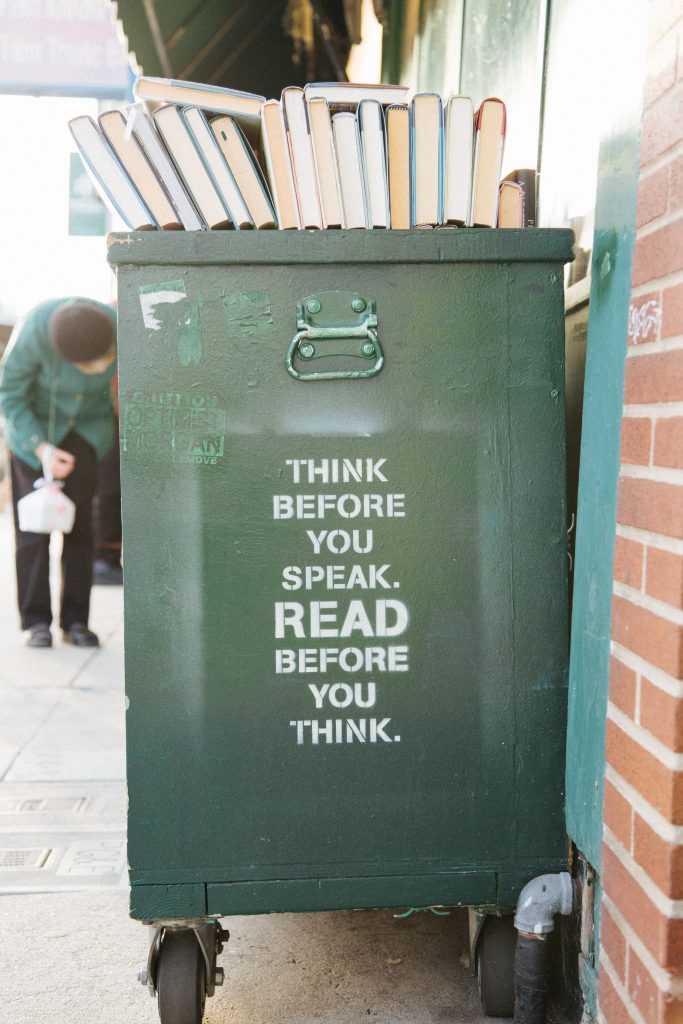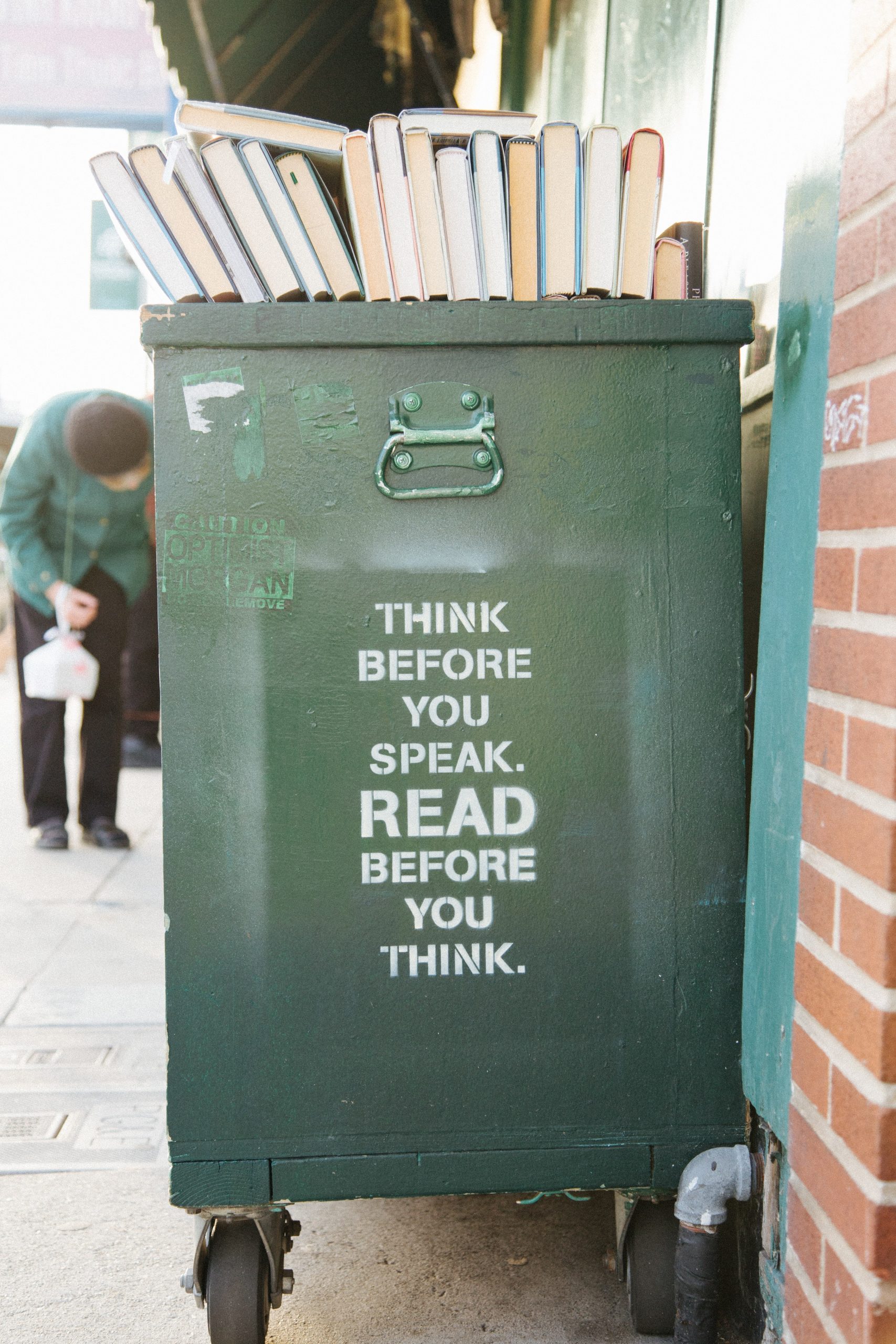“An economy that is distributive by design,” says Kate Raworth in Doughnut Economics, “is one whose dynamics tend to disperse and circulate value as it is created, rather than concentrating it in ever-fewer hands. An economy that is regenerative by design is one in which people become full participants in regenerating Earth’s life-giving cycles so that we thrive within planetary boundaries.”
And full participation is what we truly seek. Fully ensconced in the Information Revolution, where child-rearing has been replaced by smartphones and tablets, we are becoming a generation of clicking, swiping, life-hacking, skill-gathering, open-minded, open-sourced explorers of virtual reality on a never-ending inquiry into what’s possible. As Kevin Kelly points out in The Inevitable: Understanding the 12 Technological Forces That Will Shape Our Future, “In the coming 30 years, anything that is not intensely interactive will be considered broken.”
By changing the goals of our economy, we can change our story. According to Charles Eisenstein, we have been playing out the “Story of Separation”, and the “Story of Sacred Money and Markets”, according to David Korten. Our current story has reduced our identity to consumers as a way of commoditizing every natural resource on the planet, including our time, talent, relationships, and passions. This has been done in order to make as much money as possible for a very small, self-serving, and short-sighted percentile of the population. If we can eliminate, or at least deescalate, competitive, predatory, and destructive behavior, we can tell a new story: one that celebrates the greater abundance of being citizens in a natural, balanced economy. We can move toward telling what Eisenstein calls the “Story of Interbeing” and what Korten calls the “Story of a Living Earth”, but we must realize the power we have to tell a new story and participate in the new revolution.
“The level of transformation required now is inconceivable without a change of consciousness and a new planetary culture,” says Daniel Pinchbeck in How Soon is Now: From Personal Initiation to Global Transformation. “But we may be on the cusp of a wisdom revolution – and it could happen quickly. As the futurist Peter Russell points out, revolutions in human culture unfold in exponentially shorter time frames. The Agricultural Revolution started eight to ten thousand years ago, leading to the development of a surplus which was necessary for the growth of cities, and a complex, differentiated social system. The Industrial Revolution took around five hundred years, with its roots going back to the Middle Ages. The Information Revolution – the linking of the planetary community together through networks of data and communication – has happened within a half-century or so.”
Russell goes on to elaborate on what he calls the Wisdom Revolution by pointing out the exponential growth of human information technologies and how it is rapidly moving us toward a time “when all human knowledge will be instantly available to anyone on the planet, in any medium.” Because we are all connected to this “emerging global mind,” we are approaching “a qualitative shift, first, from information to knowledge and then from knowledge to wisdom.”
Having grown through the Agrarian, Agricultural, Industrial, and Information Revolutions, we are now poised to enter the Revolution of Wisdom by realizing ourselves as more than any limited social roles we’ve previously been assigned, but as whole beings capable of fully participating in the world around us as equal contributors. Perched on the divide between Renaissance and Dark Age, it would seem we have two choices. We can open to all facets of our being and embrace a better world for all. Or we can shrink from our greatness and allow the most selfish among us to continue telling the story of flagrant consumption, indebtedness, and destruction. (Actually, other than American politics, there’s just about always more than two choices, usually many more.)
“Until now,” Pinchbeck points out, “our focus has been technological progress, not social innovation. Our society has been focused on making things that make profit, not on reinventing our social system to support the greatest level of happiness, self-knowledge and freedom for all. What would happen if we changed our focus?”
The revolution we seek need not be like the violent revolutions we have seen in the past, but more of a realization, or as Pinchbeck calls it, “a peaceful revolution – a gentle superseding of the current political-economic system, not an explosive insurrection against it. We need a revolution that is, at the same time, evolution and revelation.”
Indeed, it may seem like a daunting task to completely reinvent the economy. As Paul Mason writes in Postcapitalism: A Guide To Our Future, “Today we have to relearn to do positive things, to build alternatives within the system; to use governmental power in a radical and disruptive way; and to focus all our actions towards the transition path – not the piecemeal defense of random elements of the old system.”

This is an excerpt from Steve McAlphabet Explains ABC Squared Economics. Find out more.

